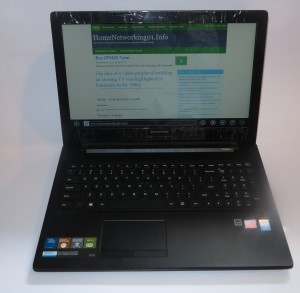Article – From the horse’s mouth
Google Fiber
Housing Authority for the City of Austin
Digital Inclusion document (PDF)
My Comments
Google Fiber is participating in a community-based initiative to break the digital divide in the public-housing communities in Austin, Texas as part of their rollout in to that city.
This is a public-private affair in co-operation with the Housing Authority for the City of Austin which is a local-government-run public-housing authority in that city. The main premise of this exercise is that every child to have a chance to succeed in the 21st century global economy, but I also see as being important adults including mature adults and senior citizens who haven’t had much exposure to computing and technology in their school and work life also benefiting.
It is also encompassing training and study in science, technology, engineering and mathematics. As well, the program is also providing access to devices and affordable Internet connectivity in the public-housing districts. For example, Google Fiber is intending to provide for HACA development in their fibre footprint, free basic Internet service for each household for 10 years, with the option to upgrade to the “full-on” Gigabit connection for extra cost.
There is the all-important support for the household’s devices including the necessary digital-literacy training, something that typically is provided on an ad-hoc basis to these households by family and friends and it is being provided by Austin Free-Net.
What I see of this is an attempt by public and private efforts to help poorer communities with access to today’s technology for productive activities and expose people, young and old, to today’s technology. What needs to be underscored in the remit for these programs is that it is not just the children who are intended to benefit but adults, especially mature adults and senior citizens who spent most of their school and work life before the desktop-computer-driven 1980s, who need to become technologically literate. As well, the remit to help with computer literacy for older generations cuts across all social classes.



